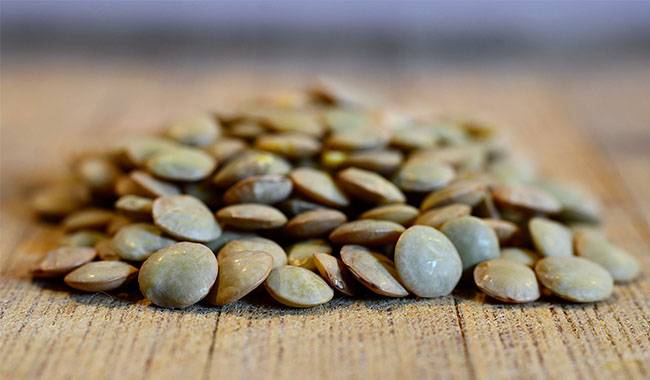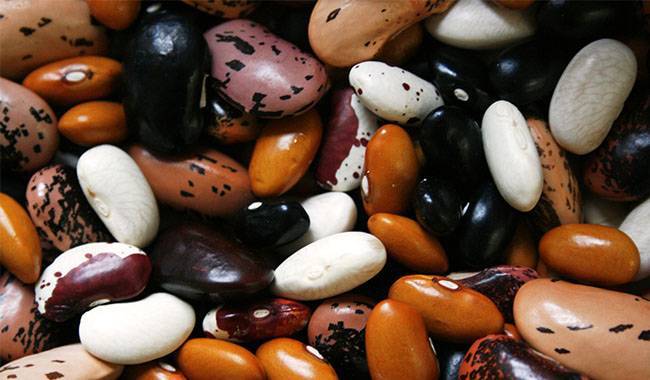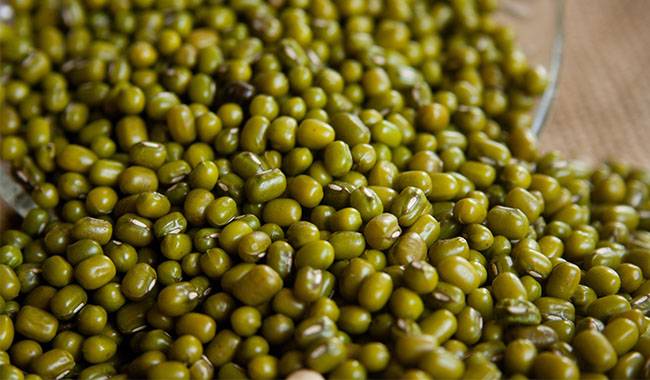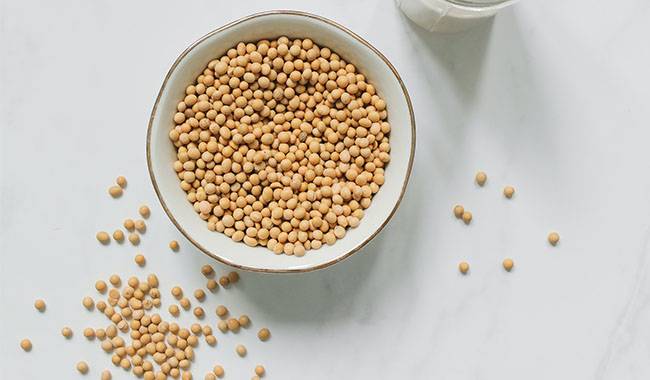
In daily life, there are many varieties of legumes, and there are countless legumes that are often eaten, such as soybeans, red beans, mung beans, and soy products. According to the type and quantity of nutrients, beans can be divided into two categories. One is high-protein, high-fat beans represented by soybeans; the other is characterized by high carbohydrate content.
The efficacies and benefits of beans are can lower blood pressure and blood lipids, can also effectively improve cardiovascular and cerebrovascular diseases, and can also effectively reduce cholesterol.
Beans belong to the category of whole grains.
A proper amount of beans can promote gastrointestinal motility, and can also effectively relieve constipation or indigestion. It can also supplement the nutrients the body needs and improve the body’s immunity.
Nutritional value – benefits of beans
Beans contain high protein content, good quality, and their nutritional value is close to animal protein, which is the best vegetable protein.
The composition of amino acids is close to the needs of the human body. The fat contained in beans is the highest in soybeans, up to 18%, so it can be used as a raw material for edible oil. Other beans contain less fat.
The sugar content of beans is higher in broad beans, adzuki beans, mung beans, and peas, which are 50% to 60%. Soybeans contain less sugar, about 25%. Therefore, the calories supplied by beans are also quite high.
Beans contain the most vitamins of the B group, which are higher than cereals. In addition, it also contains a small amount of carotene.
Beans are rich in inorganic salts such as calcium, phosphorus, iron, potassium, and magnesium, and are rare high potassium, high magnesium, and low sodium foods in the diet.
The economic value of beans is relatively high. Because most of the seeds are rich in protein, they are an important source of protein nutrition for humans and livestock.
Some beans such as soybeans, ground peanuts, and winged beans are rich in protein and also contain a lot of edible oils.
The protein content of many bean seeds is between 20-40%, and a few can reach 40-60%. Its protein content is 2 to 3 times higher than that of cereals and 5 to 10 times higher than that of potatoes.
In addition, the stems, branches, and leaves of beans are also rich in protein, usually up to 8-14%, while the stalks and leaves of cereals contain only 4 to 6% of protein, so the stems and leaves of beans have higher nutritional value Feed and excellent green manure.
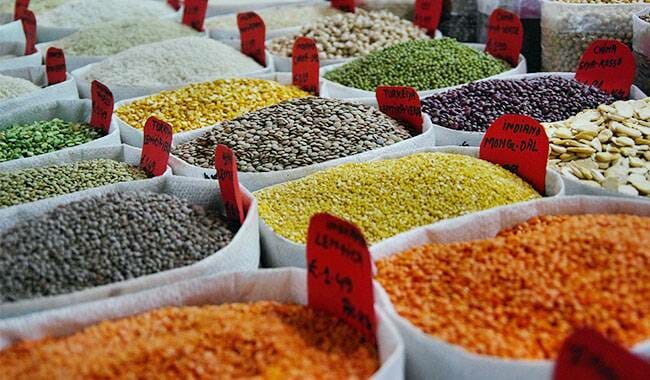
Benefits of beans
- Enhance immunity
Soybeans can enhance the immune function of the body. Soybeans are rich in protein and have the reputation of “plant meat”. If the human body lacks protein, it will have symptoms of decreased immunity and fatigue. Eating soybeans to supplement protein can avoid the problem of elevated cholesterol in meat. Soybeans contain a variety of essential amino acids, which can improve human immunity. - Improve the brain
Soybeans are rich in soy lecithin, which is one of the important components of the brain. Eating more soybeans can help prevent Alzheimer’s disease. In addition, the sterols in soybean lecithin can increase nerve function and vitality. Eating soybeans can improve brain function. - Reduce the symptoms of female menopause
Soybean isoflavones are phytoestrogens with a structure similar to estrogen and have estrogenic activity. They can alleviate the symptoms of female menopausal syndrome, delay female cell senescence, maintain skin elasticity, maintain beauty, reduce bone loss, and promote bone formation, Lowering blood fat, etc. - Strengthen organs
Soy lecithin can also promote the absorption of fat-soluble vitamins and strengthen all tissues and organs of the human body. In addition, it can lower cholesterol, improve lipid metabolism, prevent and treat coronary atherosclerosis. - Improve physical strength
The protein in soybeans can increase the excitatory and inhibitory functions of the cerebral cortex, improve learning and work efficiency, and help relieve depression and depression. - Whitening skincare
Soybeans are rich in soy isoflavones, which can improve skin aging. In addition, Japanese researchers discovered that the linoleic acid contained in soybeans can effectively prevent the synthesis of melanin in skin cells. - Prevent cancer
Soybean contains protease inhibin. Researchers from New York University in the United States have found that it can inhibit a variety of cancers, and the inhibitory effect on breast cancer is the most obvious. - Prevent oxidation
Soybean saponins in soybeans can scavenge free radicals in the body and have antioxidant effects. It can also inhibit the growth of tumor cells and enhance human immune function. - Lower blood lipids
The plant sterols in soybeans have the effect of lowering blood cholesterol. It can compete with cholesterol in the intestine and reduce cholesterol absorption. While reducing the “bad cholesterol” in the blood of patients with hyperlipidemia, it does not affect the “good cholesterol” in the blood and has a good lipid-lowering effect. - Prevent deafness
Iron supplementation can expand capillaries, soften red blood cells, ensure blood supply to the ears, and effectively prevent hearing loss. The content of iron and zinc in soybeans is much higher than other foods, which has a certain effect on preventing deafness in the elderly. - Auxiliary pressure reduction
American scientists have found that in the diet of hypertensive patients, too much sodium is consumed while potassium is too little. Ingesting high-potassium foods can promote the excretion of excessive sodium in the body and help lower blood pressure.
Soybeans are rich in potassium, with a potassium content of up to 1503 mg per 100 grams of soybeans. Patients with high blood pressure often eat soybeans, which is very helpful for a timely supplement of potassium in the body. - Longevity
A recent survey in South Korea revealed that most of the country’s elderly people over a hundred years old live in soybean-growing areas without environmental pollution, and longevity is closely related to soybeans.




